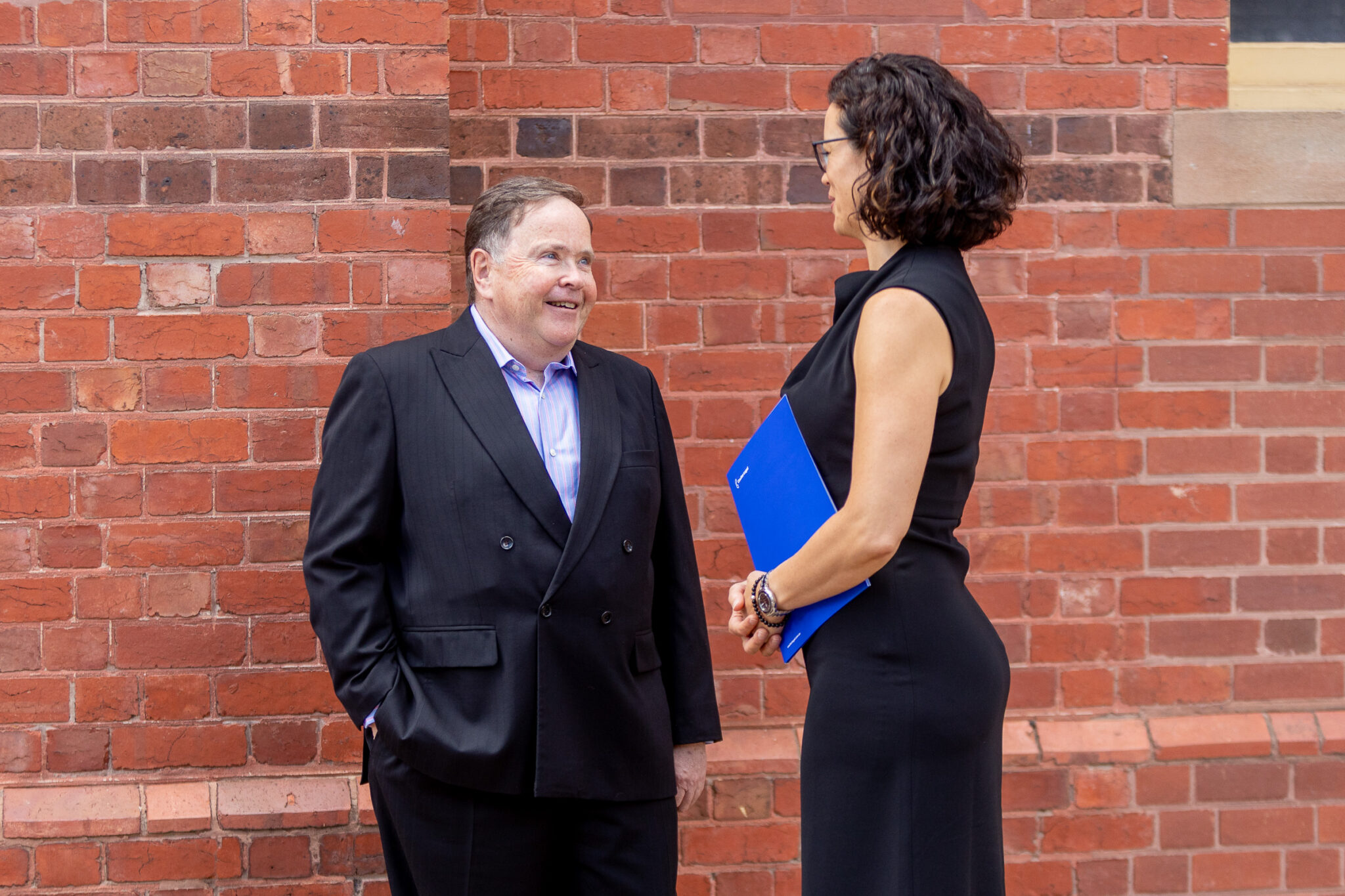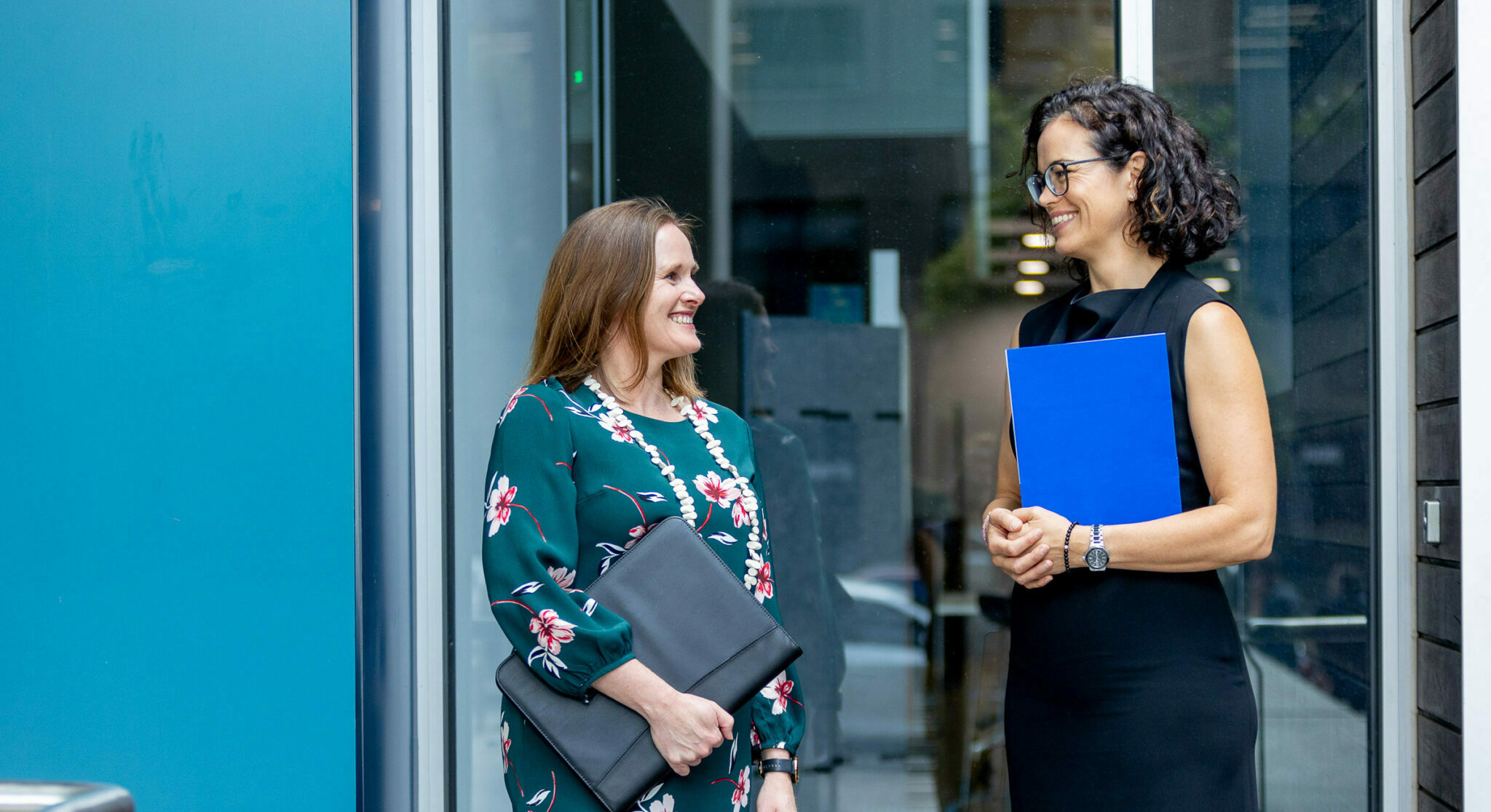Businesses put a lot into establishing themselves and creating a unique, recognisable brand in the minds of their consumers. No matter the size, every business will have intellectual property (IP) that it will need to protect at some point. Businesses who are starting out will be looking at protecting elements including their new logo, catchphrase and signature design, while more mature businesses will probably be looking to protect new products or services they have developed. In both cases, it’s important that every business ensures that what belongs to them cannot be used by any other business for financial gain or representation. In this article, we’ll look at exactly what is considered intellectual property and what steps you can take to protect IP.
What is intellectual property?
In law, Intellectual Property refers directly to creations of the mind. This essentially means any inventions, literary and artistic works, designs, symbols, names and images you have created, or contracted someone to create for you, to be used by your business in commerce. Ultimately, intellectual property extends to anything that you created to represent your business, anything you plan to sell and any unique invention or idea that would give your business a commercial advantage.
IP is protected by laws, which include patents, copyright and trademarks. These laws protect you and your business, allowing you to earn recognition and financial gain from the thing you invented, developed or created, knowing that no one else may reproduce or copy it for their own financial gain.
Different types of IP protection
There are several options a business can look at when it comes to protecting IP. Your legal expert will be able to guide you on which type is best for you and your business. Here are the most common types of intellectual property –
Copyrights ©
Copyrights are concerned with the protection of tangible and intangible creative works. Anything someone creates belongs to them and reproduction of that creative work for financial gain without the creator’s consent is prohibited. The length of a copyright is 70 years after the death of the creator of the work, but can be extended.
Trade marks ™
Most businesses use logos, symbols and signature designs and catchphrases to create their brand identity. Businesses put a lot of money into creating and reinforcing those ‘brand assets’ in the mind of their customers to create a connection and recognition with them. Because of this, those assets need to be protected by trade mark law to stop other businesses from using them to earn money themselves.
Patents ®
Patents are applied to intellectual property including inventions of unique products or tangible, sellable items. When you patent something, other people are prohibited from making and distributing the same invention or product without the licence which represents your ownership of that invention. Standard Australian patents last 20 years and you may renew the patent to ensure it stays in place.
Trade Secrets
Many businesses will have trade secrets that make their business or product unique. These trade secrets also make up your IP, and although there is no law to protect them as such, if you can provide evidence that you made every effort to protect a trade secret yourself, any theft of that secret is punishable in court, since corporate espionage and theft of an idea by an employee is against the law.
Protecting IP
It’s recommended that you contact a legal expert who will guide you on the type of IP protection that you should register for your business, and provide you with a tailored specification that best reflects your unique needs. They’ll also be able to advise you on any potential infringements, or issues that may arise from your registered or possibly unregistered IP.
The Trademarking Process
A trade mark can be filed in 45 different classes, which cover different products or services. These include everything from clothing and computer software, to restaurant and real estate services. TIf your business is ready to begin trading, you should consider registering your IP as soon as possible, as registration usually takes around 8 months.
Your application will be made out to IP Australia. In it, you’ll need to include the details of your trade mark and the classes and specifications in which they need to be registered.
IP Australia will then examine whether your IP is distinctive enough to be registered, and whether there are any other trade marks already registered that may be similar to yours. Any objections that may arise from IP Australia will need to be overcome before the application can progress to the next stage.
Once your trade mark has been accepted by IP Australia, it needs to be advertised in the Trade Marks Journal for two months to allow anyone who may have a claim to your trade mark to lodge an opposition. If no opposition is received, your trade mark will proceed to registration and your IP will remain protected for ten years, after which you may renew your registration.
Partnering with an IP professional
No matter what size your business is, it’s important to ensure that all intellectual property is protected. The best way is to do that is to find a legal expert who understands intellectual property and trademarks, and who can guide you on the most appropriate protection for your business.
The Coulter Legal team’s expertise spans across areas including copyright, moral rights, trade marks, and other IP-related rights including confidentiality, trade secrets, and domain names. Let us provide you with expert registration advice as well as tailored specifications that best reflect your trade mark needs, and help you maximise your business’ potential.











